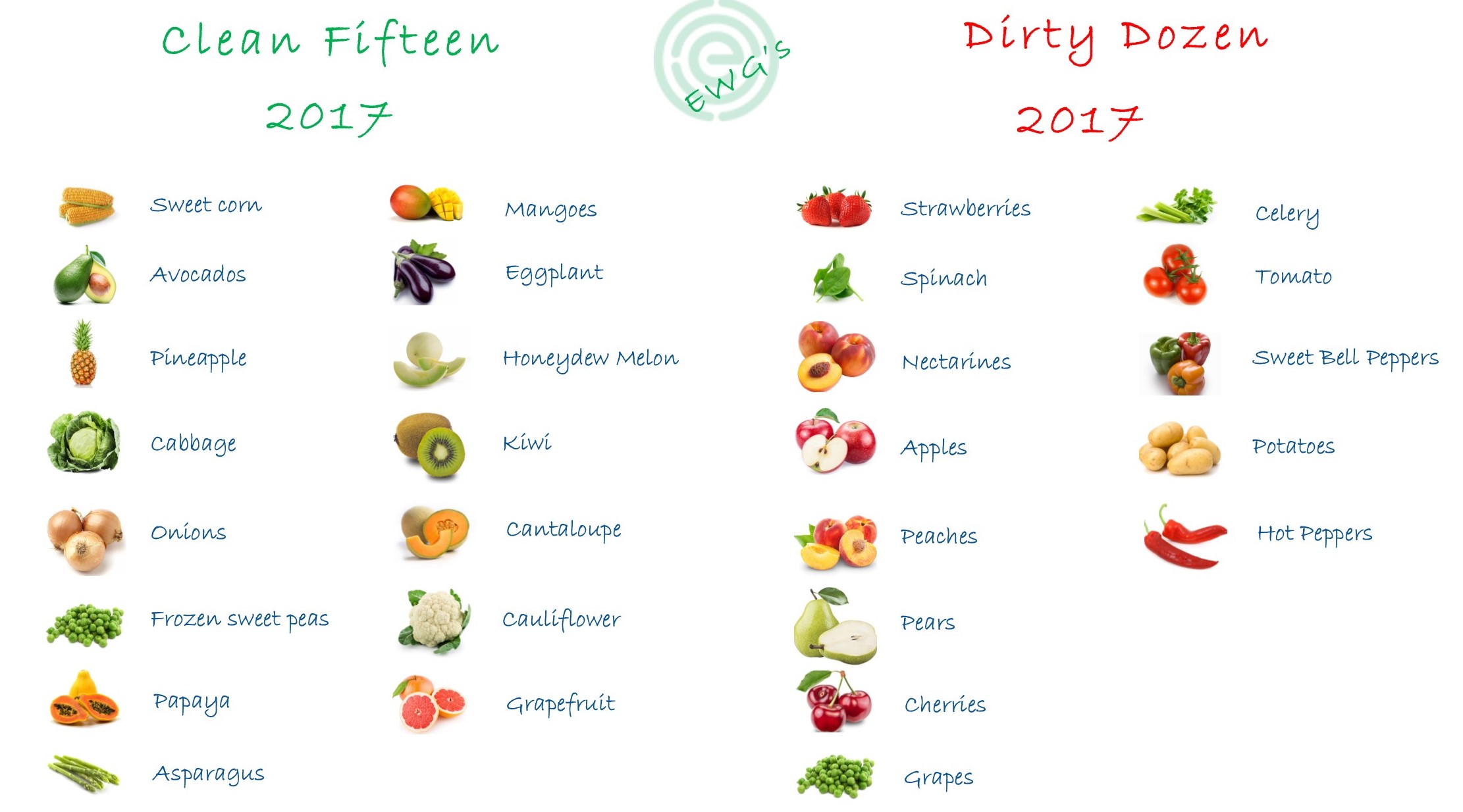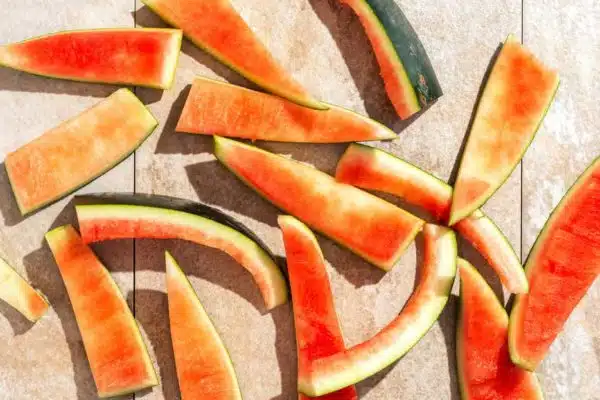We work hard to remove potentially harmful chemicals from our homes, cleaning and beauty products and even our clothes. So it makes sense that we apply this same logic to the food we eat buy choosing organic produce free from pesticides.
Pesticides are synthetic chemical sprays used to destroy, suppress or alter the life cycle of agriculture pests. In addition to warding off pests, they extend the shelf life of produce and keep it looking “fresh”.

Unfortunately, these pesticides contain carcinogens (linked to cancer), endocrine disrupting chemicals (messing with our hormones), cause neurotoxicity (brain development) and destroy good bacteria in our digestive tract causing problems with our gut health (IBS sucks). Just to name a few. Not to mention they poison the local soil, water and air making farming for the future a big issue.
Buying organic produce is not always the most affordable option, or accessible if you don’t live near a farmers market or independent grocer. In saying that, there are some fruits and vegetables which are best brought organic and worth making the effort to buy.
Pesticide residue can stay on food even after they’re washed so if buying 100% organic produce is not an option, then start with the dirty dozen.
Each year, the US Environmental Working Group (EWG) release a report with a list of commonly eaten fruits and vegetables grown using the most pesticides. These are known as The Dirty Dozen and The Clean Fifteen.
While the EWG is a US organisation, Australian non-organic farming practices often mirror those used in the US, plus, much of the produce sold in our two largest supermarket chains are imported.
Key findings from the 2017 report
- Nearly all samples of strawberries, spinach, peaches, nectarines, cherries and apples tested positive for residue of at least one pesticide.
- The most contaminated sample of strawberries had 20 different pesticides.
- Spinach samples had an average of twice as much pesticide residue by weight than any other crop. Three-fourths of spinach samples had residues of a neurotoxic pesticide banned in Europe for use on food crops.


